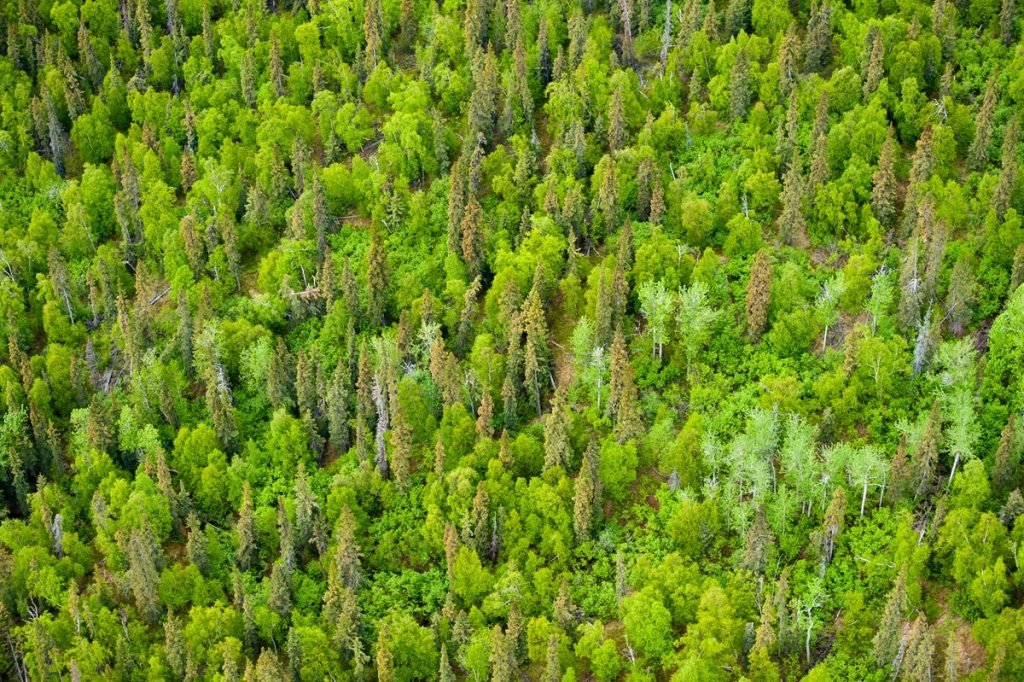“Government has set a target for 30% of land in recovery for nature by 2030 and Net Zero by 2050 – in order to achieve this, here’s what the Government must commit to.”
.
We have less than ten days to go before the COP26 climate change meeting in Glasgow:
COP26: 100 days to go – Vision Group for Sidmouth
Meanwhile, for much of this week, we had COP15 focussing on biodiversity:
COP15: trying to halt biodiversity loss – Vision Group for Sidmouth
The two are very much connected:
Climate change and biodiversity: nature-based solutions for Devon – Vision Group for Sidmouth
As pointed out by the Devon Wildlife Trust:
COP26 is just over a week away, where world leaders come together to talk about climate change and how to tackle it. But what does this mean for nature and Devon’s wildlife?
Solving the climate crisis is impossible without looking after nature | Devon Wildlife Trust
What do we want to see at COP26?
COP26 is our chance to tackle the climate and nature crises together. Climate change is already contributing to nature’s decline, whilst the loss of wildlife and habitats leaves us ill-equipped to reduce emissions and adapt to change. Global leaders must take a stand and embed climate action and nature’s recovery across their policies.
- Nature can help tackle climate change but to do so nature needs space. We need bigger and better connected wild places for nature to thrive.
- More space for wilder rivers where beavers are free to create wildlife rich wetlands and to protect communities from the risk of flooding and drought
- More woodlands with resilient native trees, providing shelter and food for wildlife helping to keep our air clean and store carbon
- More sustainable farming practices, using less chemicals, allowing space for nature in field margins – helping to keep our soils healthy and lock in carbon
- Greener cities with space for nature in new developments, green roofs and trees in our high streets for cleaner air
- Better protection for our seas so that our marine wildlife can recover and greater investment in natural sea defences so that we are better able to live in a world with rising sea levels
- Protecting the wildlife that we already have is no longer enough – we need our world leaders to be bold. It is time for nature’s well-being and natural solutions to climate change to be at the heart of Government policies.

What could these commitments look like at home?
So, what does this mean for the UK? All relevant national policies should be contributing to restoring nature, NOT degrading it. This means better protecting what we already have, and expanding it. Government has set a target for 30% of land in recovery for nature by 2030 and Net Zero by 2050 – in order to achieve this, here’s what the Government must commit to:
- 30 by 30 – Restore a minimum of 30% of UK land and sea for nature by 2030
- Restore 100% of upland peat before 2050 – And introduce an immediate ban on rotational burning, to give peat the best chance of surviving in hotter, drier conditions as the climate changes.
- Use the planning system to help address the climate crisis – Introducing a new Wildbelt designation in England would protect land in recovery for nature, and putting Nature Recovery Networks at the heart of the future planning system will address the crisis whilst providing opportunities for people from all backgrounds to access wildlife-rich places in their communities.
- A legally binding State of Nature target to halt and reverse the decline of nature by 2030 – This target in England’s Environment Bill should be supported by an additional £1 billion per annum investment in nature’s recovery.
- UK agriculture significantly contributing to meeting the Government’s targets – Government must support and incentivise sustainable land use practices through England’s new Environmental Land Management (ELM) schemes.
- Better management of our seas – 30% of all Marine Protected Areas designated as Highly Protected Marine Areas, with fishing policies and marine spatial planning contributing to protecting and enhancing blue carbon stores.